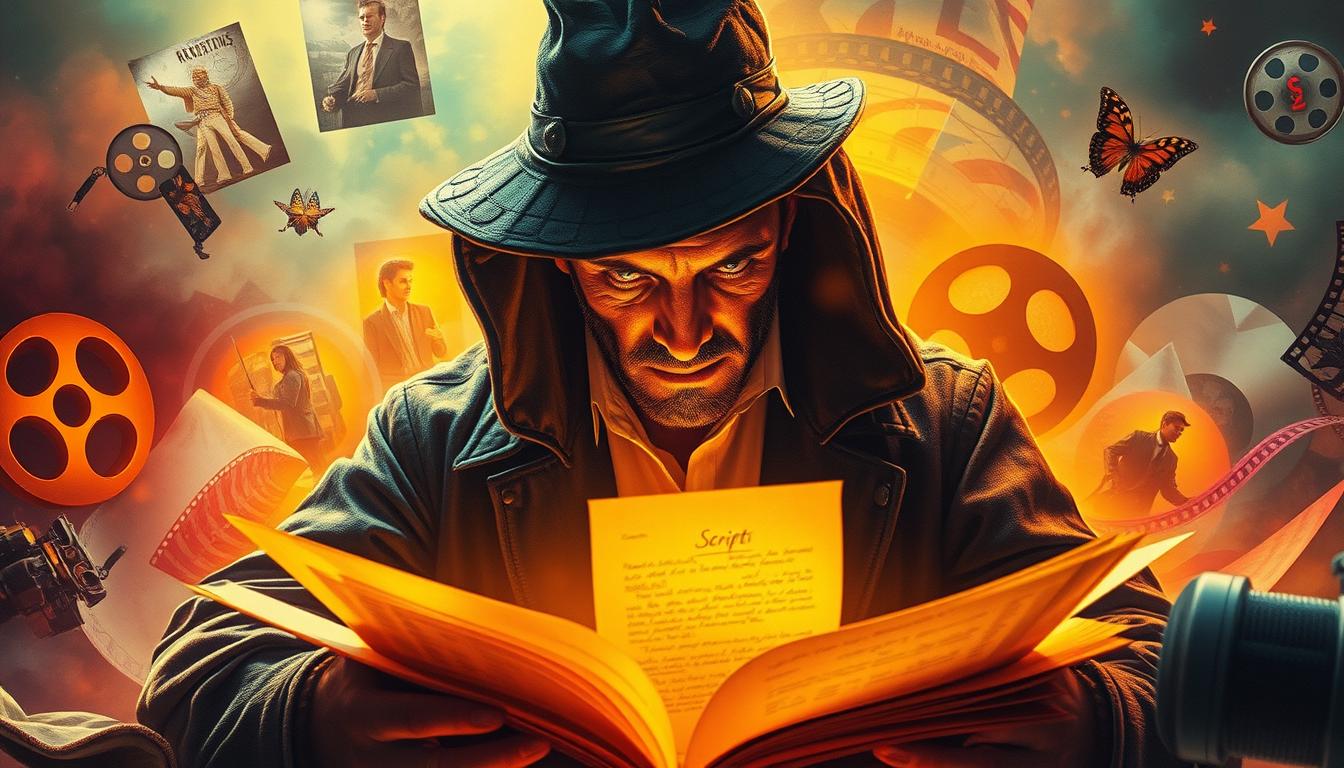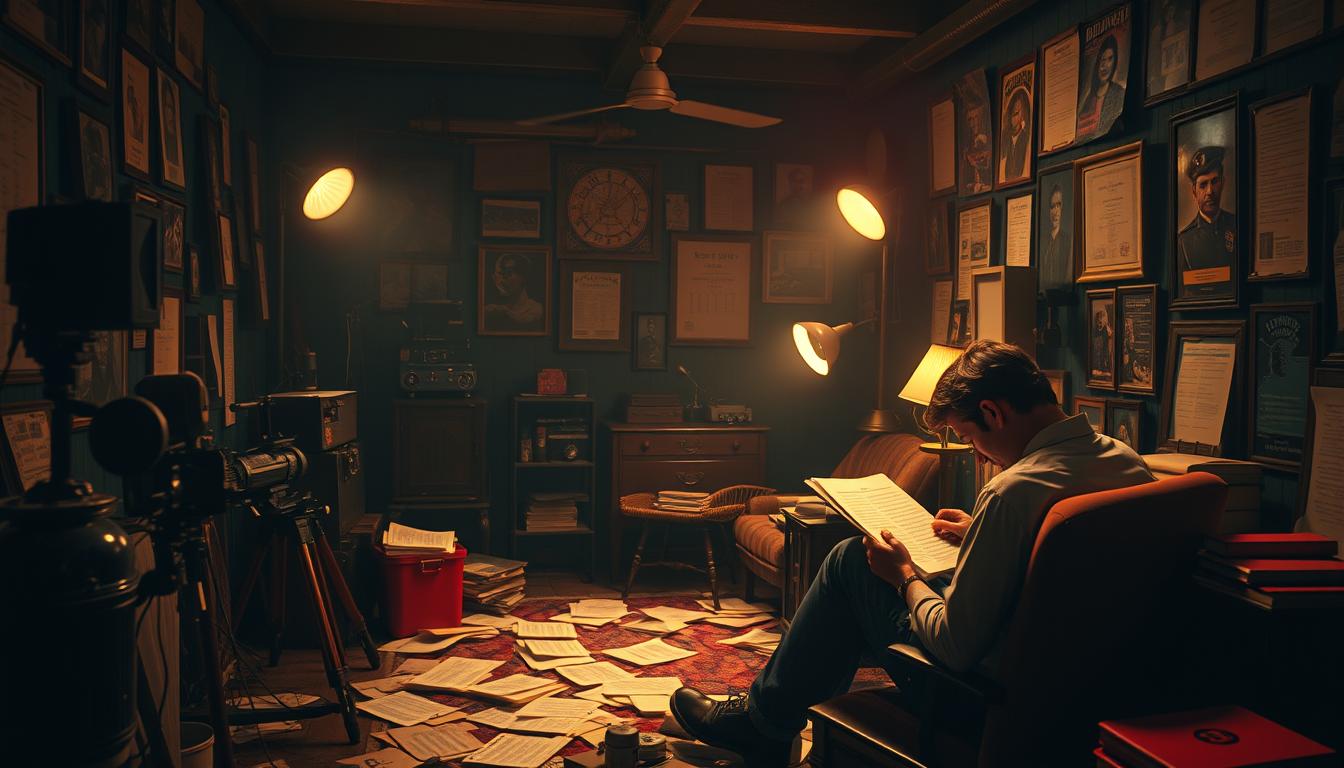Icons of Laughter: Tracing Comedy from Mel Brooks to Judd Apatow
Comedy has long been a beloved genre, enchanting audiences with its humor, wit, and insight into the human condition. From silent film stars like Charlie Chaplin to the nuanced, modern narratives of today, comedy has evolved, reflecting the cultural, societal, and technological changes of each era. Two towering figures in the world of comedy, Mel Brooks and Judd Apatow, represent mile markers in this evolution, each leaving an indelible mark on the genre.
Mel Brooks: The Master of Parody
Mel Brooks, born Melvin Kaminsky in 1926, emerged as a powerhouse of comedy in the mid-20th century. Brooks is best known for his unparalleled ability to parody existing genres, weaving together humor, satire, and a deep reverence for the sources he lampooned. His early work as a writer for the seminal television show Your Show of Shows alongside talents such as Sid Caesar and Carl Reiner, was a precursor to the comedic genius that would define his film career.
Brook’s groundbreaking films, including The Producers (1967), Blazing Saddles (1974), and Young Frankenstein (1974), challenged and redefined comedic boundaries. The Producers, with its bold commentary on the nature of show business paired with a satirical look at the Nazi regime, showcased Brooks’ fearless approach to comedy. Meanwhile, Blazing Saddles and Young Frankenstein not only spoofed the western and horror genres, respectively, but they also demonstrated Brooks’ ability to comment on racism, classism, and other societal issues through humor.
Judd Apatow: The Architect of Cringe Comedy
Judd Apatow, a figure synonymous with the early 21st-century comedy, took a different approach. Where Brooks skewered genre conventions through parody, Apatow’s work is characterized by its portrayal of flawed, relatable characters navigating the awkwardness of modern life. Starting his career as a stand-up comedian, he transitioned into writing and producing, making a significant impact with the television show Freaks and Geeks (1999-2000) despite its short run.
Apatow’s influence soared with the release of films like The 40-Year-Old Virgin (2005) and Knocked Up (2007), which combined crude humor with heartfelt emotion, creating a hybrid form of comedy that was both uproariously funny and deeply human. These films, often starring a rotating ensemble of actors like Seth Rogen, Steve Carell, and Paul Rudd, delved into the insecurities and moral dilemmas of their characters, making them relatable and endearing to audiences.
Legacy and Influence
The legacies of Mel Brooks and Judd Apatow are not only seen in their prolific bodies of work but also in their influence on the genre of comedy itself. Brooks’ fearless satire and parody paved the way for future generations of comedians to tackle taboo and controversial subjects with humor. Meanwhile, Apatow’s blend of comedy and genuine human emotion has set a new standard for character-driven narratives in comedy, suggesting that humor can come from vulnerability and growth.
Though their styles may differ, both Brooks and Apatow share a knack for reflecting the world back at us with humor and heart. Their works remind us of the power of laughter to bring us together, challenge our perspectives, and, most importantly, entertain. As the landscape of comedy continues to evolve, the contributions of these two icons of laughter ensure that their influence will be felt for generations to come.






